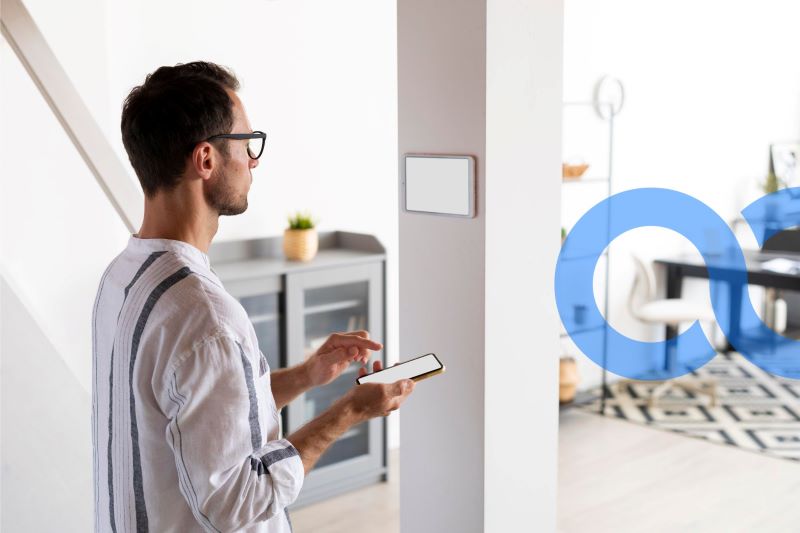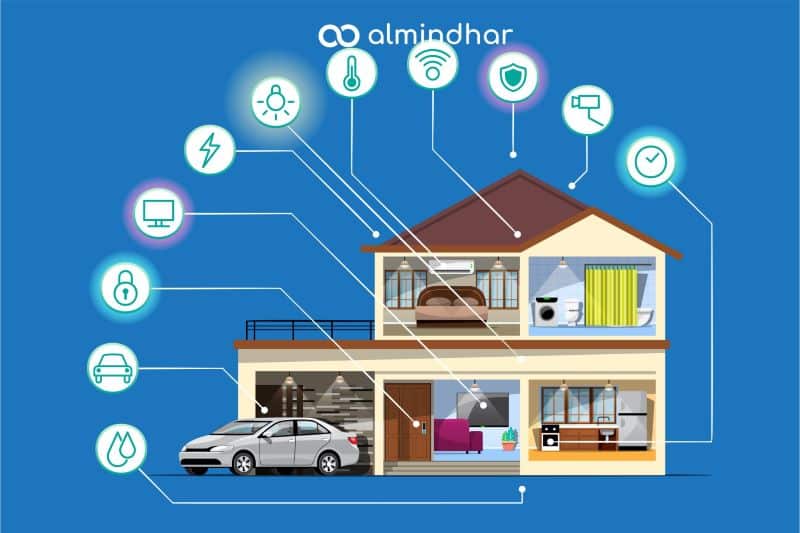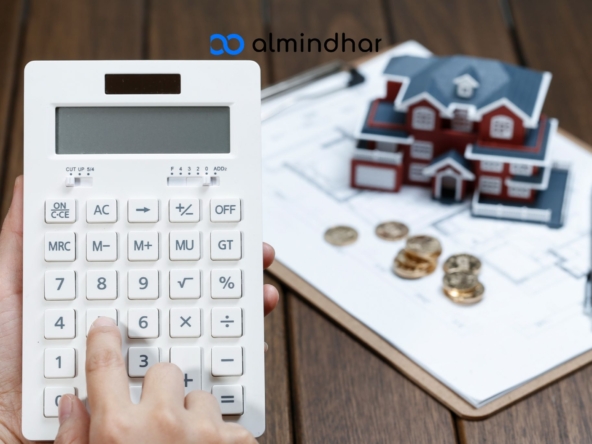In the continuously evolving landscape of the Tunisian real estate sector, the emergence of smart homes is garnering increasing interest. At the core of this residential revolution lies the crucial question of its economic viability.
In this article, we delve into the depths of this inquiry, exploring emerging trends, tangible benefits, and the financial challenges inherent in integrating smart homes in Tunisia.
From security to energy efficiency, each aspect will be meticulously dissected to provide an informed economic analysis.
Accompanied by an assessment of government incentives, this article offers an expert perspective on the economic feasibility of smart homes within Tunisian households.
- I-Smart Homes in Tunisia: Trends and Benefits
- II-The Economic Challenges of Integrating Intelligent Technologies
- III-Government and Financial Incentives
- IV-Conclusion
I-Smart Homes in Tunisia: Trends and Benefits
In the dynamic context of the Tunisian real estate market, the rise of smart homes emerges as an inevitable trend, influenced by promising statistical data. According to forecasts, the smart home market in Tunisia is expected to reach a revenue of $36.4 million USD by 2024, with a projected annual growth rate of 12.69% until 2028, bringing the market volume to $79.8 million USD. By then, the number of active households in this market is expected to rise to 333,800 users. This growth is further underscored by a household penetration rate, which is anticipated to increase from 4.2% in 2022 to an optimistic 10.5% by 2028.
Currently, the average revenue per installed smart home market in Tunisia is estimated at $296.40 USD. This evolution aligns with a national trend driven by increasing urbanization and a growing demand for energy-efficient solutions. While the United States dominates the global market, Tunisia is establishing itself as a thriving player in the adoption of smart technologies for households.
Moreover, the benefits of this transition to smart homes in Tunisia are equally tangible. Beyond promising economic aspects, the adoption of these technologies provides Tunisian residents with a diverse range of advantages. Residential security is enhanced with advanced surveillance and alert systems, contributing to deterring intrusions. Simultaneously, energy management becomes more efficient, allowing homeowners to better control their consumption while adopting environmentally friendly practices.
Convenience is also a key feature, with automated devices facilitating daily life, whether it’s remote management of appliances or regulation of heating and air conditioning. These combined advantages position the smart home as both a technological and economic investment, meeting the emerging needs of Tunisian households while contributing to the positive evolution of the real estate market in the country.
II-The Economic Challenges of Integrating Intelligent Technologies
The integration of intelligent technologies into the Tunisian real estate landscape is not without its economic challenges, despite the promised benefits. Initial costs, including the purchase and installation of smart devices, pose a financial barrier for many potential homeowners. These investments may be perceived as high, especially considering the rapid evolution of technology, creating a constant challenge to stay up-to-date. Additionally, ongoing maintenance and system upgrade costs can add continuous financial pressure.
Furthermore, the perception of return on investment may vary. Although the undeniable long-term savings related to security, energy efficiency, and practical benefits exist, some property owners may hesitate to take the leap due to the perceived complexity of these technologies. This reluctance can be exacerbated by the lack of readily accessible information on medium and long-term financial benefits.
However, a thorough analysis of costs versus benefits, along with exploration of financing options and government incentives, can contribute to overcoming these economic challenges.

III-Government and Financial Incentives
Governmental and financial incentives play a crucial role in promoting the development of the smart home sector in Tunisia. In an effort to stimulate the adoption of these innovative technologies, the Tunisian government has implemented various incentive measures.
Financial subsidies are provided to support the initial purchase of smart devices, thereby easing the financial burden on homeowners. Additionally, tax incentives are in place, allowing early adopters to benefit from tax advantages, facilitating a smoother economic transition to smart homes.
Simultaneously, affordable financing programs are offered, providing loan solutions at preferential rates to encourage investment in these emerging technologies. These financial incentives aim to make the benefits of smart homes accessible to a broader range of homeowners, thereby stimulating demand and contributing to market growth.
Furthermore, the government actively works to raise awareness among the population about the economic and environmental advantages of smart homes, creating an environment conducive to the adoption of these technologies. Overall, these governmental and financial incentives represent a crucial pillar in the evolution of the Tunisian real estate landscape towards smarter and more sustainable households.
IV-Conclusion
En conclusion, the integration of smart homes in Tunisia stands as a powerful catalyst for the evolution of the real estate sector. Despite initial economic challenges, promising market growth data and government incentives paint an optimistic picture.
The practical and financial benefits offered by these intelligent technologies are undeniable, ranging from enhanced security to energy efficiency. By judiciously balancing costs and benefits, Tunisian homeowners can not only invest in comfort and modernity but also contribute to the sustainable transformation of their living spaces.




